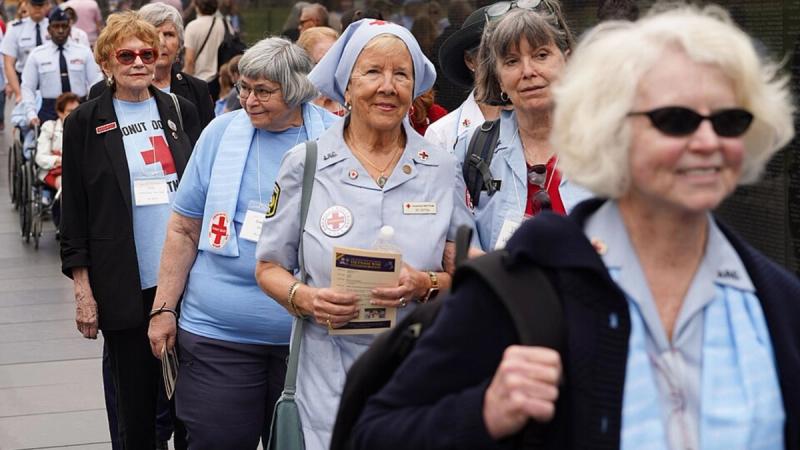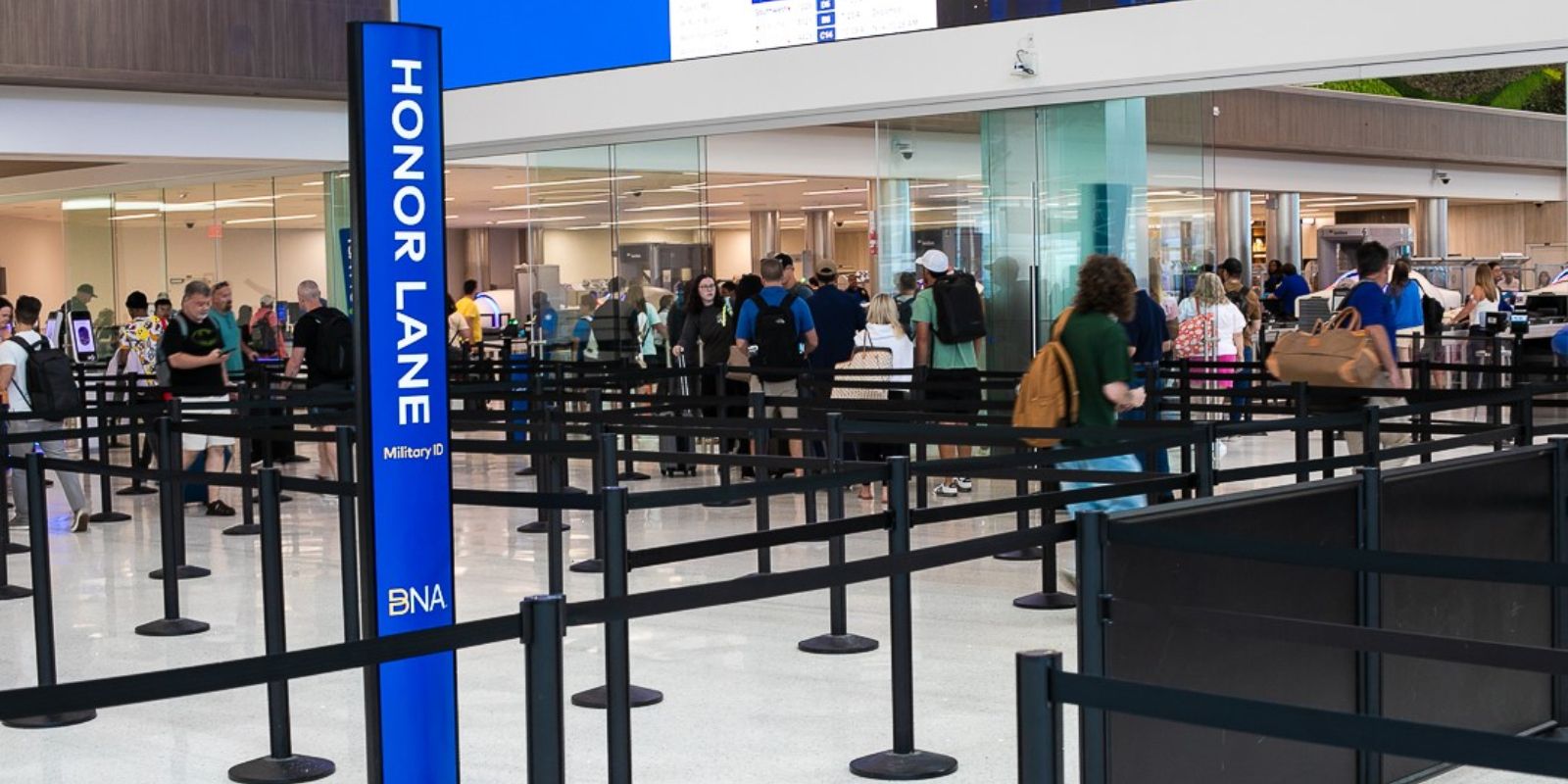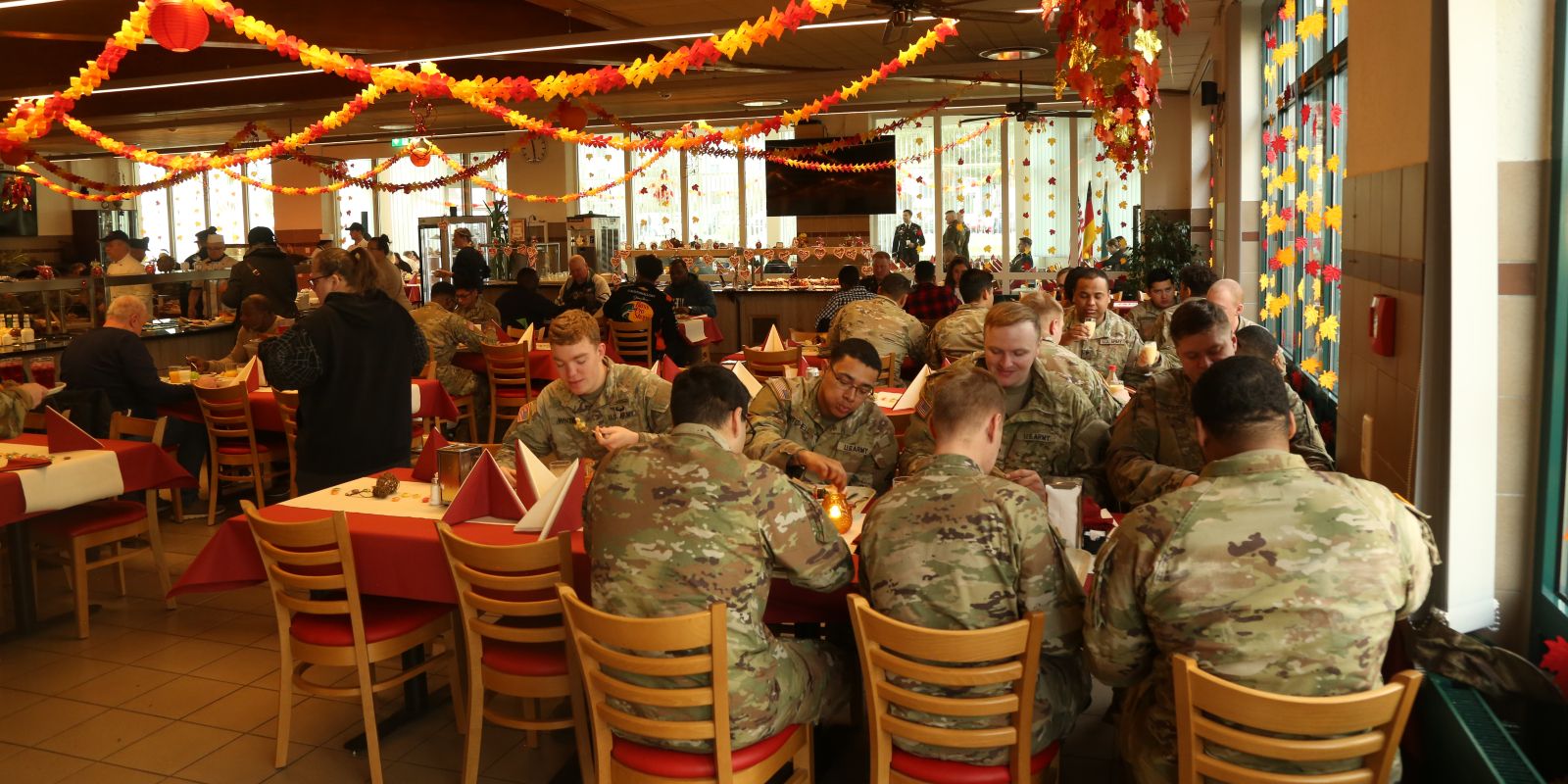SUGAR, COURAGE, AND COMPASSION: THE STORY OF THE DONUT DOLLIES

ADVERTISEMENT
You’ve probably seen the iconic World War II photos of muddy boots, helmets, and pretty faces that look both too young and too old at once. And in some old 70s movies, you might have seen women wearing uniforms with roller boots, holding trays of steaming coffee and donuts in the morning. Now, there’s actually a real story there. It’s not just from a movie or a random photo circulating online. They are called “Donut Dollies.” Nope, they were not nurses or Soldiers, but they were a group of American women who decided to fight homesickness by serving coffee and donuts. They were the women who lifted spirits during the war.
The Donut Dollies’ Uplifting Spirit
Back when the U.S. joined World War II, the American Red Cross sent comfort, not medical aid or additional troops, but actual comfort. Originally, they were called “Donut Lassies.” This term referred to the women of the Salvation Army during World War I. Then it became known as Donut Dollies during World War II, the Korean War, and the Vietnam War.
Old buses and Army trucks were turned into rolling cafés called “Clubmobiles.” They were used to provide food, entertainment, and comfort to troops. These Clubmobiles were staffed by 3 American women volunteers who brought donuts, coffee, and magazines.
The first Clubmobiles hit the roads of Great Britain and later Europe, and within several months, these women provided over 6.4 million donuts to Soldiers stationed there. That’s a lot of dough, literally and figuratively.
The Donut Dollies offered warmth and hope because, imagine sitting on a wooden bench, hot coffee in hand, “Boogie Woogie Bugle Boy” playing faintly on a record, and for 5 minutes… it almost felt like the war didn’t even exist.
Nobody Prepared You for Military Life
But we can help. Join over 100k spouses already getting the specific advice, resources, and military tea they need to thrive.
Why Donuts, Though?
Now, let’s back up a little bit on how this all started. The idea of handing out donuts didn’t actually start in World War II; as mentioned, the women were originally named the Donut Lassies. This started when the Salvation Army sent women to Soldiers to provide baked goods and coffee. This time, the donuts quickly became a symbol of home, warmth, and Americana. By the time World War II started, the American Red Cross had picked up the tradition.
But out of all the comfort foods in America, you might be asking, why did it have to be donuts? Why not apple pie, coffee cake, or something easier to make?
It’s because resources were limited and almost impossible to find near the battlefield. Oil and a bit of dough were way easier to find, and they could manage. Plus! Donuts are already a cultural staple back home.
They Are Women Doing an Important Job
Donut Dollies were described as just women doing a job, but in truth, history remembers them as something much more, because, if you think about it, their job wasn’t easy.
Each of the Donut Dollies underwent an extensive Red Cross training program, learning everything from first aid to coping with the emotional effects of war. They also needed to be between 21 and 35 years old and possess a quality the Red Cross called “an unflappable personality.” It basically meant you should remain calm and composed even in difficult, stressful situations.
Giving warmth, donuts, and coffee might not sound like a tough job. But it was for the Donut Dollies. One former Donut Dollie, Elizabeth Richardson, tragically died in a plane crash in 1945. She was one of the many Dollies who couldn’t make it home.

Donuts Are Not Just Comfort Food
As the Donut Dollies’ story comes to an end, you might think it’s just all about pastries. But that is where you’re wrong. Because the main mission here was the connection. Donuts were just an excuse.
Connie Dugan Popel, a Donut Dollie from September 1969 until November 1970, said, "I think my role (as a Donut Dollie) was to be myself."
Popel went on to say,
"I'm known for my smile, and I smiled and smiled and smiled. And I think that I represented maybe an American girl who cared, who hoped that I brought some kind of happiness for a second in a horrible, horrible war."
The Donut Dollies were there to give the Soldiers hope, as morale was a powerful weapon. The Donut Dollies were trained to listen, talk, and keep conversations light, even when talking to a man who had just lost his friend the day before. Because again, morale is powerful. A Soldier who smiled, even for a few minutes, fought better and stayed grounded.
If you have a donut in your hand, remember that the Donut Dollies' legacy shows that heroism also looks like handing someone a warm cup of coffee and saying, “You’ve got this.”
Read next:
- Tasting History: The Strange Allure of Decades-Old MREs
- 8 Bizarre, Unsolved Military Mysteries That Still Give Historians Goosebumps
- March, Munch, Repeat: How Military Food Evolved Through the Ages
Sources:

Veteran, Military History & Culture Writer
BY ALLISON KIRSCHBAUM
Navy Veteran
Allison Kirschbaum is a Navy Veteran and an experienced historian. She has seven years of experience creating compelling digital content across diverse industries, including Military, Defense, History, SaaS, MarTech, FinTech, financial services, insurance, and manufacturing. She brings this expertis...
Credentials
- Navy Veteran
- 7 years experience in digital content creation
- Expertise across Military, Defense, History, SaaS, MarTech, FinTech industries
Expertise



